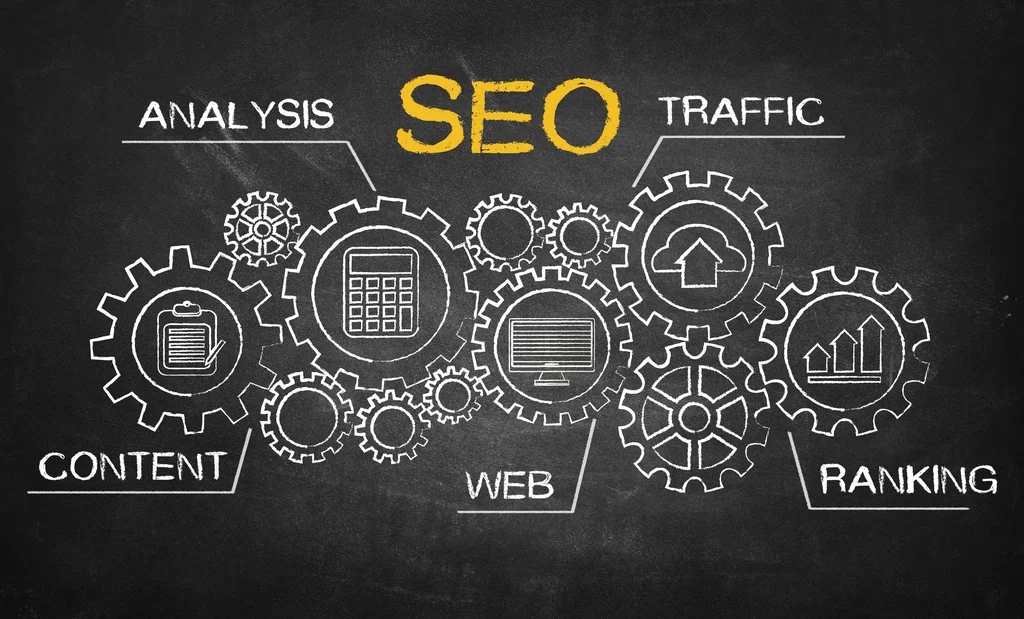International SEO Services: Expand Your Reach Globally
In today’s digital world, businesses aren’t limited by geographical boundaries. As companies expand their products and services to international markets, having a website that ranks globally becomes essential. This is where International SEO services come in, ensuring that your website reaches the right audience, in the right language, and in the right region.
This blog will explore what international SEO is, how it works, why it’s important, and how to implement it effectively.
What Are International SEO Services?
International SEO services involve optimizing your website so that search engines can identify which countries and languages your site is targeting. This ensures that users in different regions can find your website when searching in their preferred language or country.
Key components of international SEO include:
- Language Targeting: Ensuring content appears in the user’s preferred language.
- Country Targeting: Optimizing for search engines in specific regions.
- Technical SEO: Using hreflang tags, localized URLs, and fast-loading pages.
- Content Localization: Adapting content culturally and contextually for different audiences.
Why Are International SEO Services Important?
If your business targets customers worldwide, international SEO is crucial for success. Here’s why it matters:
- Increased Visibility: Your website appears in search results across different countries.
- Higher Conversions: Reaching users in their native language increases trust and sales.
- Improved User Experience: Visitors find content relevant to their location and language.
- Competitive Advantage: Stay ahead of competitors by ranking in multiple regions.
Without international SEO, even the best website might struggle to attract global traffic.
How Do International SEO Services Work?
International SEO involves several technical and content-based strategies to optimize your site for global audiences. Here’s a step-by-step breakdown:
1. International Keyword Research
Effective SEO starts with the right keywords. International SEO requires region-specific keyword research, not just translating existing keywords. For example, a user in the US might search for “sneakers,” while someone in the UK searches for “trainers.”
Tools for international keyword research:
- Google Keyword Planner
- Ahrefs
- Semrush
- Ubersuggest
2. Website Structure for International SEO
Choosing the right website structure is crucial for targeting international audiences. There are three common structures:
- Country-Code Top-Level Domains (ccTLDs):
example.frfor France – Ideal for country-specific targeting but requires more resources. - Subdomains:
fr.example.com– Easier to manage but less SEO value than ccTLDs. - Subdirectories:
example.com/fr/– Cost-effective and easier to maintain under one domain.
3. Hreflang Tags for Language Targeting
Hreflang tags tell search engines which language and regional version of a page to show users. For example:
htmlCopyEdit<link rel="alternate" href="https://example.com/fr/" hreflang="fr">
<link rel="alternate" href="https://example.com/de/" hreflang="de">
These tags prevent duplicate content issues and ensure users see the correct version of your site.
4. Localized Content Creation
Translation alone isn’t enough. Content should be localized, considering cultural differences, currency, measurement units, and user preferences.
For example, a clothing store might advertise “winter coats” in Canada while promoting “rain jackets” in the UK during the same season.
5. Technical SEO for International Websites
International websites need strong technical SEO, including:
- Fast page speeds across regions.
- Mobile optimization for global devices.
- Proper indexing through Google Search Console.
- Canonical tags to avoid duplicate content issues.
6. Backlink Building and Regional Authority
To rank higher in international markets, websites need backlinks from local websites. For example, if you’re targeting Germany, earning backlinks from .de domains improves visibility in German search results.
📊 How to Measure International SEO Success
Success in international SEO can be tracked using tools like:
- Google Analytics: Monitor traffic by country and language.
- Google Search Console: Track international keyword performance.
- Ahrefs / Semrush: Analyze international rankings and backlinks.
Key metrics include:
- Organic traffic from target regions.
- Rankings for international keywords.
- Bounce rates and user engagement from different countries.
Professional translation and localization ensure better user experience and SEO results.
Conclusion
Expanding your business globally without international SEO is like opening a store in a foreign country without a signboard. International SEO ensures your website appears in search results for your target regions, drives relevant traffic, and increases conversions.
From keyword research to technical SEO and content localization, international SEO services bridge the gap between your business and global customers.
FAQS
1. What Is the Difference Between Multilingual and Multiregional SEO?
- Multilingual SEO: Targets users speaking different languages.
- Multiregional SEO: Targets users based on geographic location, even if they speak the same language.
2. How Much Do International SEO Services Cost?
Costs vary based on your website’s size, number of target regions, and required services. Basic packages start around $500–$1,500 per month, while comprehensive strategies can cost $3,000+ monthly.
3. How Long Does It Take to See Results?
International SEO results typically take 3 to 6 months, depending on competition and website authority. Consistent optimization speeds up results.
4. Do I Need a Different Website for Each Country?
Not necessarily. You can use ccTLDs, subdomains, or subdirectories. The choice depends on your budget, goals, and management capacity.
5. Can I Use Google Translate for Multilingual SEO?
While Google Translate helps with basic translation, it often misses cultural context and nu
For More Information: Contact us Mesh Technologyz














Post Comment